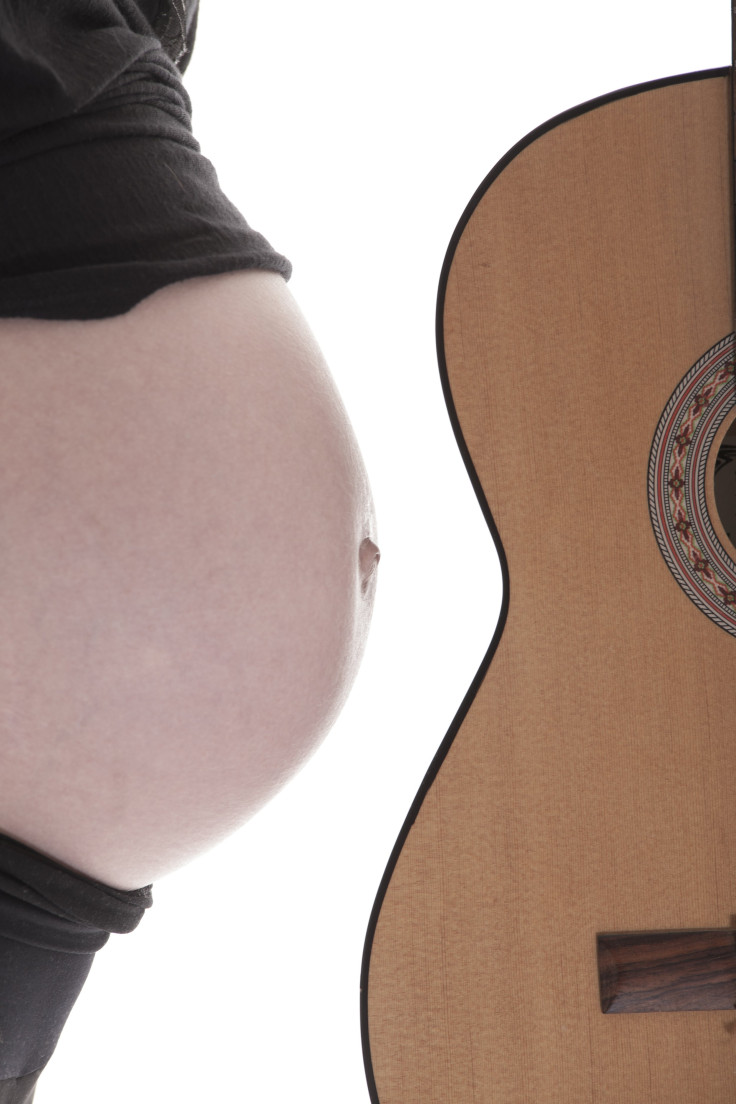Pregnant Women Have A Stronger Response To Music — Enough To Raise Their Blood Pressure

Music has the power to influence emotion, heart rate, and blood pressure in a way that simple speech never cold. It evokes a part of our brain that drives our day-to-day human lives, and stands as an important component of weddings, funerals, birthdays, and even pregnancies. German scientists from the Max Planck Institute for Human Cognitive and Brain Sciences set out to discover a pregnant woman’s connection to music, their results published in Psychophysiology, revealed the strength behind a tune.
During pregnancy, researchers have found that women have a much more visceral response to music than everyone else does. Music that sounds pleasant to the average person has an ehanced pleasant sound to a pregnant woman, and the opposite is true, that unpleasant music sounds much more unpleasant to mothers-to-be.
"Thus, unpleasant music does not cause an across-the-board increase in blood pressure, unlike some other stress factors," said Tom Fritz, a lead researcher of the Max Planck Institute in Leipzig, in a press release. "Instead, the body's response is just as dynamic as the music itself."
Ten- to 30-second musical sequences were played for pregnant and non-pregnant female volunteers. The passages were changed to represent pleasant and unpleasant sounding compilations and women were asked to rate the music according to their enjoyment. The pregnant women not only felt more strongly about each type of music, but their heart rates also raised and fell more according to the type of music played.
"Every acoustic manipulation of music affects blood pressure in pregnant women far more intensely than in non-pregnant women," Fritz said.
At first, researchers believed estrogen was the culprit because it plays a major part in the brain’s reward system, which is in charge of the pleasant sensations experienced while listening to music. However, non-pregnant women were taking birth control contraceptives, which influences estrogen levels greatly and they did not register the same strong emotions that pregnant women had felt toward each type of music.
"Either estrogen levels are generally too low in non-pregnant women, or other physiological changes during pregnancy are responsible for this effect," Fritz explained.
The fetus is even affected by music, which researchers suspect is because they are conditioned by the song’s their mothers play while they’re in the womb. At 28 weeks, which is the start of the third trimester of pregnancy and six-month mark, the fetus’ heart rate changes when it hears a familiar song. By 35 weeks, the fetus responds to familiar music with a change in movement patterns.
Source: Fritz T, Ciupek M, Kirkland A, et al. Enhanced Response To Music In Pregnancy. Psychophysiology. 2014.



























